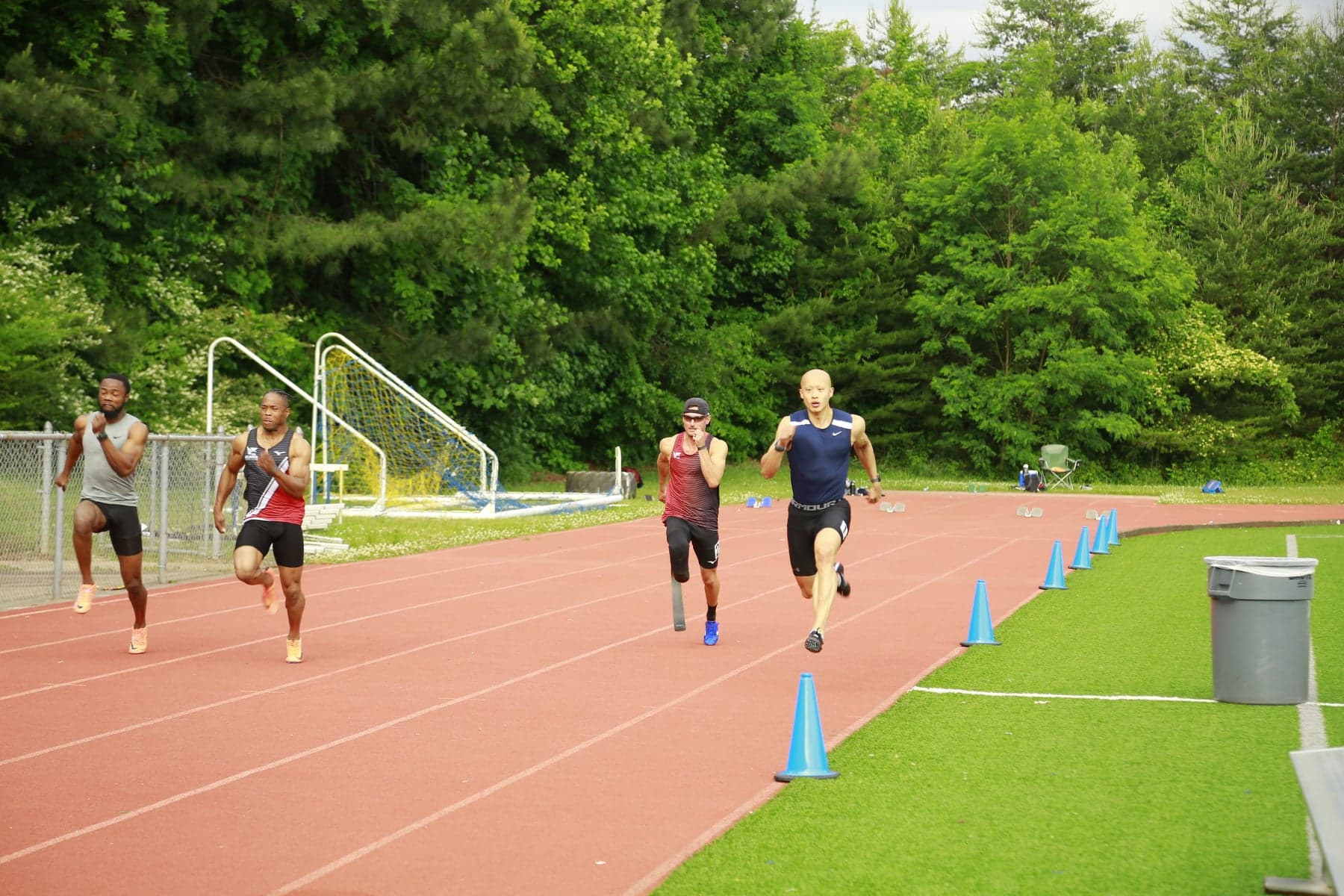Go to any American track meet and you’ll notice a striking lack of Asian participants. Since I started running, I’ve always been one of few, and often the only, Asian runner. Asians are so rare in track meets that I’ve had more than one conversation about my race with competitors. Why aren’t there more Asian-Americans in track?
Demographics
Asians only represent 5.4% of the overall US population. Maybe qualitatively “few” competitors works out to be about 5%. I don’t think this explains the discrepancy, however: I’ve spent most of my life in the Bay Area, which has grown from 15.3% to 23.3% Asian throughout my life. Go to any Bay Area track meet and you’ll see that far fewer than 25% or even 15% of the competitors are Asian. More broadly, this uncited infographic claims that “Only 12% of Asian boys and 8% of Asian girls play sports”, compared to 44% of boys and 34% of girls nationally. Professionally, no American athletic league is more than 2% Asian. In the NCAA, only 1.7% of student-athletes identified as Asian.
Talent
Are Asians less athletically talented? There’s some empirical evidence for this: while 152 sprinters have broken the 10-second barrier, only 6 are from Asian countries. And at one point, I was the fastest Asian high schooler in California over 100m—which got me all the way to ~90th in the overall state rankings. There’s even a Wikipedia section on the “Race and sports” article titled “East Asian athletic views”!
Talent might also explain the lack of Asians at invitationals and championship track meets. As a second order effect, lack of (perceived) talent might reduce general Asian-American interest in track: people gravitate towards things they’re good at, so maybe Asians are, on average, gravitating away from track. This could be a vicious cycle: without Asian role models in track, Asian-American children won’t take up the sport, leaving the next generation again without any role models to look up to.
Athletic de-prioritization
Even without talent in the equation, Asian-Americans seem to self-select away from sports. Anecdotally, many of my Asian friends spent their time on academic extracurriculars. These friends were children of highly-educated immigrants who prioritized getting into a good university at the expense of everything else. Even if they played a sport, it was usually just to check the box for college admissions.
Conclusion
So what gives? I think that perceived talent plays a much bigger role in discouraging Asian-Americans in track than actual talent. While talent might matter at the very top, almost nobody is anywhere close to maximizing their athletic potential in high school. Perceived potential might very well steer Asian hopefuls away from track. Lack of focus on track and sports more generally seems to be another major factor.
How can we improve Asian-American participation in track? Hopefully, luminaries like Liu Xiang and Su Bingtian inspire children to take up the sport. Second-generation Asian-Americans, born out of the immigration boom of the 80s and 90s, are starting to have families of their own—maybe their attitudes towards college admissions and sports will be different. And, more personally, one reason I compete is to represent the Asian-American community.

